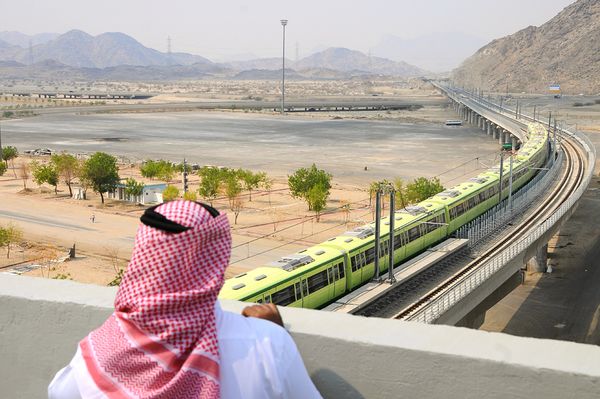Hiroaki Kanazawa, Middle East Affairs correspondent for Nikkei – Japan’s second largest newspaper and East Asia’s foremost economics paper – asked me the other day: “Can the Arab world achieve democracy despite its adherence to Islam?
The question implied that Islam contradicts democracy because it’s a repressive, domineering religion that doesn’t accommodate the concepts of freedom or political participation in the decision-making process.
Although strange, such an opinion is not new. I’ve come across it many times in Western writings by analysts and political researchers who are presumed to be rational and insightful. So I wasn’t too surprised to hear it from a veteran journalist who has been covering the region for some time and may have witnessed such repression, authoritarianism and lack of participation.
“But you are confusing Islam with Muslims, I told him. “Although Muslim rulers are as far as can be from democracy, Islam itself has known democracy long before Europe.
While I showed no surprise to his question, he, on the other hand, was astounded by my answer.
“How so? he asked, his eyebrows raised in astonishment.
“Let’s go back in history a little, I said, “and see how Muslims managed the affairs of the state and we’ll see that they had applied all the principals of democracy without being told to do so by anyone.
“The best example was when Prophet Mohamed died. The Caliphate was not inherited by any of his heirs or blood relatives, but he was succeeded by the man who had the most popular support through what is referred to as a baya’a, which is the equivalent of modern-day elections. That was at a time when Europe was ruled by the indisputable Divine Right of Kings. The notion of popular consensus did not exist and the heavens decreed that a king was only to be succeeded by a son, a brother or a blood relative.
“Islam also ruled by and propagated the application of shoura (consultation), which is, in effect a parliamentary system, at a time when Europe’s kings had the first and last say in all state affairs, even when it came to religion.
“I’m not only referring to medieval Europe and the Dark Ages, I continued. “Henry VIII, the King of England, enacted pieces of legislation which severed the Church of England from the Roman Catholic and established the monarch as the Supreme Governor of the Church of England when the Pope refused to annul his third marriage so he can take a fourth wife.
“But this baya’a system is not suited to the modern world, he said.
“Just as the old Athenian version of democracy isn’t suitable now either, I said. “I’m talking about the essence of Islamic governance which embodied the principals of democracy long before Europe ever did.
“As for modern democracy, take Egypt as an example. Egypt’s first parliament dates back over a century and half ago, but this doesn’t mean that we have achieved democracy. It only means that calls for establishing a constitutional democratic state were at the forefront of Egyptian and Arab national movements during the late 19th century. Many leaders, intellectuals and writers paid dearly for these demands under both the monarchy and the republic.
“Then Bush and his circle of so-called neo-conservatives who claim to be on a “noble mission to introduce democracy in the Arab world are simply farcical, he said. “These novices know nothing about the history of the people they’re talking about. All they know is the nature of the regimes they’re allied with in the region. If only they’d tried to see the truth, they’d have known that the Arab peoples’ struggle for democracy has preceded Bush by hundreds of years.
When the Japanese journalist fell silent, I asked: “Have you no other questions?
“You’ve answered them all, he said.
Mohamed Salmawy is President of the Arab Writer’s Union and Editor-in-Chief of Al-Ahram Hebdo. This article is syndicated in the Arabic press.

